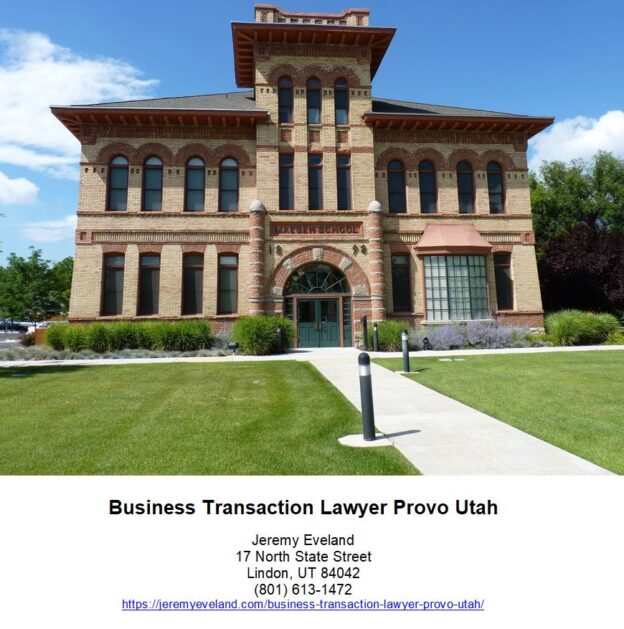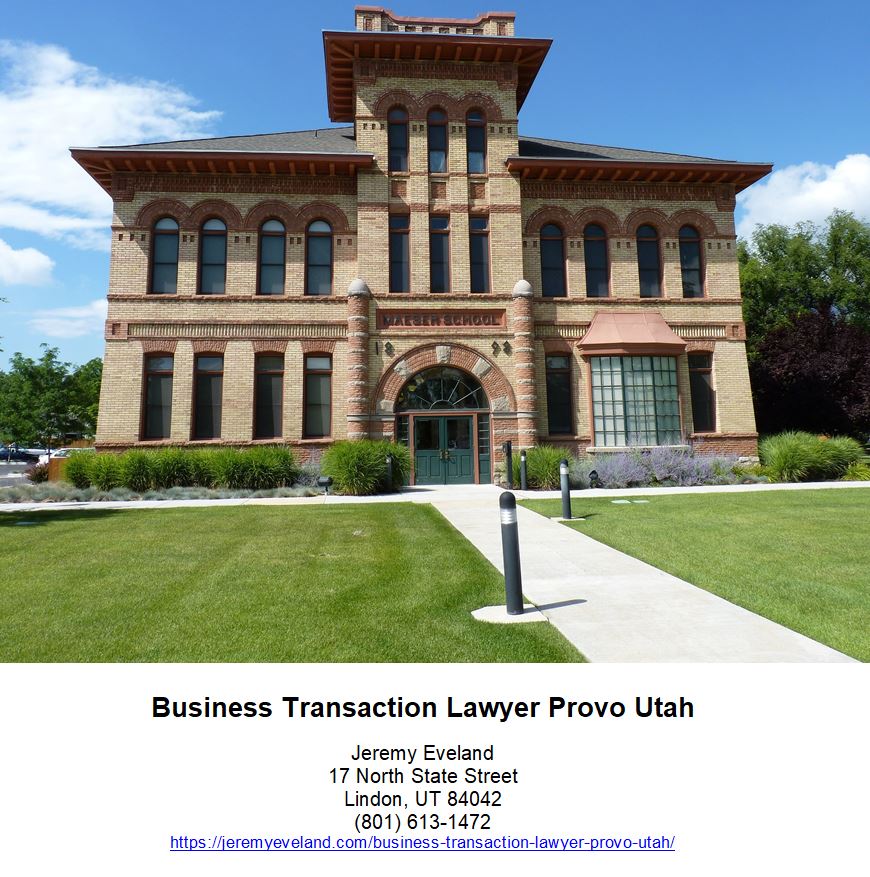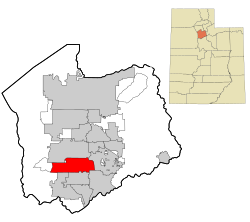Business Legal Structure
-
Business Attorney
- Introduction
- What is the Difference Between a Corporation and an S-Corporation?
- What is a Corporation and How Does it Differ from Other Business Structures?
- What are the Advantages and Disadvantages of a Sole Proprietorship?
- What is a Limited Partnership and How Does it Differ from a General Partnership?
- What is a Limited Liability Company (LLC) and How Does it Benefit Your Business?
- What is a General Partnership and How is it Taxed?
- Why you Should Consult with a Business Attorney about Legal Structures
- Q&A
“Secure Your Business’s Future with the Right Legal Structure”
Introduction
Business legal structure is an important factor to consider when starting a business. It determines the type of business entity you will be, the amount of taxes you will pay, and the amount of personal liability you will have. It is important to understand the different types of business legal structures and the advantages and disadvantages of each before making a decision. This introduction will provide an overview of the different types of business legal structures, the advantages and disadvantages of each, and the steps to take when deciding which structure is best for your business.
What is the Difference Between a Corporation and an S-Corporation?
A corporation is a legal entity that is separate from its owners and is created under state law. It is owned by shareholders and managed by a board of directors. A corporation is subject to double taxation, meaning that the corporation pays taxes on its profits and then the shareholders pay taxes on the dividends they receive from the corporation.
An S-corporation is a type of corporation that has elected to be taxed under Subchapter S of the Internal Revenue Code. This type of corporation is not subject to double taxation, as the profits and losses are passed through to the shareholders and reported on their individual tax returns. The shareholders are then taxed on their share of the profits or losses.
The main difference between a corporation and an S-corporation is the way in which they are taxed. A corporation is subject to double taxation, while an S-corporation is not. Additionally, an S-corporation is limited to 100 shareholders, while a corporation can have an unlimited number of shareholders.
What is a Corporation and How Does it Differ from Other Business Structures?
A corporation is a legal entity that is separate and distinct from its owners. It is a type of business structure that provides limited liability protection to its owners, meaning that the owners are not personally liable for the debts and obligations of the corporation. This is in contrast to other business structures, such as sole proprietorships and partnerships, where the owners are personally liable for the debts and obligations of the business.
In addition to limited liability protection, corporations also offer other benefits, such as the ability to raise capital through the sale of stock, the ability to transfer ownership through the sale of stock, and the ability to continue in existence even if the owners change. Corporations also have the ability to enter into contracts, sue and be sued, and own property in their own name.
The formation of a corporation requires filing articles of incorporation with the state in which the corporation will be doing business. The articles of incorporation must include the name of the corporation, the purpose of the corporation, the number of shares of stock that the corporation is authorized to issue, and the names and addresses of the initial directors. Once the articles of incorporation are filed, the corporation is considered to be in existence and the owners are considered to be shareholders.
With that being said, a corporation is a type of business structure that provides limited liability protection to its owners and offers other benefits, such as the ability to raise capital and transfer ownership. It is formed by filing articles of incorporation with the state in which the corporation will be doing business. This is in contrast to other business structures, such as sole proprietorships and partnerships, where the owners are personally liable for the debts and obligations of the business.
What are the Advantages and Disadvantages of a Sole Proprietorship?
Advantages of a Sole Proprietorship
1. Easy to Set Up: A sole proprietorship is the simplest and least expensive business structure to set up. It requires minimal paperwork and can be established quickly.
2. Flexibility: As the sole owner of the business, you have complete control over all decisions and operations. You can make changes to the business structure and operations as needed.
3. Tax Benefits: Sole proprietorships are taxed as individuals, so you can take advantage of certain tax deductions and credits.
4. Personal Liability: As the sole owner of the business, you are personally liable for all debts and obligations of the business.
Disadvantages of a Sole Proprietorship
1. Limited Resources: As a sole proprietor, you are limited to the resources you can access. This includes capital, labor, and other resources.
2. Unlimited Liability: As the sole owner of the business, you are personally liable for all debts and obligations of the business. This means that your personal assets are at risk if the business fails.
3. Difficulty in Raising Capital: It can be difficult to raise capital for a sole proprietorship, as investors may be reluctant to invest in a business with limited resources and unlimited liability.
4. Lack of Continuity: If you die or become incapacitated, the business will cease to exist. There is no continuity of ownership or management.
What is a Limited Partnership and How Does it Differ from a General Partnership?
A limited partnership is a type of business structure that combines the features of a general partnership and a corporation. It is composed of two or more partners, one of whom is a general partner and the other is a limited partner. The general partner is responsible for the day-to-day management of the business and has unlimited liability for the debts and obligations of the partnership. The limited partner, on the other hand, has limited liability and is not involved in the day-to-day operations of the business.
The main difference between a limited partnership and a general partnership is the level of liability for each partner. In a general partnership, all partners are equally liable for the debts and obligations of the business. This means that if the business fails, all partners are responsible for paying back any debts or obligations. In a limited partnership, the limited partner is only liable for the amount of money they have invested in the business. This means that if the business fails, the limited partner will not be held responsible for any debts or obligations.
Another difference between a limited partnership and a general partnership is the taxation of profits. In a general partnership, all profits are taxed as personal income for each partner. In a limited partnership, the profits are taxed as corporate income and the limited partner is only taxed on the profits they receive from the business.
Overall, a limited partnership is a business structure that combines the features of a general partnership and a corporation. It is composed of two or more partners, one of whom is a general partner and the other is a limited partner. The general partner is responsible for the day-to-day management of the business and has unlimited liability for the debts and obligations of the partnership. The limited partner, on the other hand, has limited liability and is not involved in the day-to-day operations of the business. The main difference between a limited partnership and a general partnership is the level of liability for each partner and the taxation of profits.
What is a Limited Liability Company (LLC) and How Does it Benefit Your Business?
A Limited Liability Company (LLC) is a business structure that combines the advantages of a corporation and a partnership. LLCs provide the limited liability of a corporation, meaning that the owners are not personally liable for the debts and obligations of the business. At the same time, LLCs provide the flexibility and pass-through taxation of a partnership.
The primary benefit of forming an LLC is that it provides limited liability protection for its owners. This means that the owners are not personally liable for the debts and obligations of the business. This protection is especially important for businesses that are exposed to potential liability, such as those that provide professional services or engage in activities that could lead to lawsuits.
Another benefit of forming an LLC is that it provides flexibility in how the business is managed. LLCs can be managed by the owners, or they can appoint a manager to manage the business. This flexibility allows the owners to structure the business in a way that best suits their needs.
Finally, LLCs provide pass-through taxation, meaning that the business itself does not pay taxes. Instead, the profits and losses of the business are passed through to the owners, who then report them on their individual tax returns. This can be beneficial for businesses that are just starting out, as it can help to reduce the amount of taxes that the business has to pay.
Overall, forming an LLC can provide many benefits to businesses, including limited liability protection, flexibility in management, and pass-through taxation. For these reasons, many businesses choose to form an LLC to protect their assets and reduce their tax burden.
What is a General Partnership and How is it Taxed?
A general partnership is a business structure in which two or more individuals share ownership and management of a business. The partners are personally liable for the debts and obligations of the business, and they share profits and losses equally.
General partnerships are not separate legal entities from their owners, so they are not subject to corporate income tax. Instead, the profits and losses of the business are reported on the individual tax returns of the partners. Each partner is responsible for paying taxes on their share of the partnership income.
General partnerships are relatively easy to form and require minimal paperwork. However, they do not provide the same level of protection from personal liability as other business structures, such as corporations or limited liability companies.
In addition, general partnerships are subject to certain regulations, such as the requirement to register with the state and to file an annual information return. Partners may also be required to obtain licenses or permits, depending on the type of business they are operating.
Why you Should Consult with a Business Attorney about Legal Structures
When starting a business, it is important to consider the legal structure of the company. The legal structure of a business determines the rights and responsibilities of the owners, as well as the taxes and liabilities associated with the business. It is important to consult with a business attorney to ensure that the legal structure of the business is properly established and that all necessary documents are filed.
A business attorney can provide advice on the various legal structures available and help determine which structure is best suited for the business. Different legal structures have different advantages and disadvantages, and a business attorney can help identify which structure is most beneficial for the business. For example, a sole proprietorship is the simplest and least expensive structure to set up, but it does not provide any personal liability protection for the owner. On the other hand, a corporation provides personal liability protection, but it is more expensive and complex to set up.
A business attorney can also help with the paperwork and filing requirements associated with setting up a business. Depending on the legal structure chosen, there may be a variety of documents that need to be filed with the state or federal government. A business attorney can help ensure that all necessary documents are filed correctly and in a timely manner.
Finally, a business attorney can provide advice on other legal matters related to the business, such as contracts, employment law, intellectual property, and tax law. Having an experienced business attorney on your side can help ensure that your business is properly established and that all legal matters are handled correctly.
In summary, consulting with a business attorney is an important step in setting up a business. A business attorney can provide advice on the various legal structures available and help determine which structure is best suited for the business. They can also help with the paperwork and filing requirements associated with setting up a business, as well as provide advice on other legal matters related to the business.
Q&A
1. What is a business legal structure?
A business legal structure is the form of organization under which a business operates and is recognized by law. It determines the rights and obligations of the business owners and the business itself.
2. What are the different types of business legal structures?
The most common types of business legal structures are sole proprietorship, partnership, limited liability company (LLC), corporation, and cooperative.
3. What are the advantages and disadvantages of each type of business legal structure?
Sole proprietorship: Advantages include ease of setup and operation, and the owner has complete control over the business. Disadvantages include unlimited personal liability and difficulty in raising capital.
Partnership: Advantages include shared management and resources, and the ability to raise capital. Disadvantages include unlimited personal liability and potential disputes between partners.
Limited Liability Company (LLC): Advantages include limited personal liability, pass-through taxation, and flexibility in management. Disadvantages include higher setup and operating costs, and difficulty in raising capital.
Corporation: Advantages include limited personal liability, ease of raising capital, and potential tax benefits. Disadvantages include complex setup and operation, and double taxation.
Cooperative: Advantages include shared ownership and management, and potential tax benefits. Disadvantages include difficulty in raising capital and potential disputes between members.
4. What factors should I consider when choosing a business legal structure?
When choosing a business legal structure, you should consider the size and scope of your business, the amount of capital you need to raise, the level of personal liability you are willing to accept, the tax implications of each structure, and the complexity of setup and operation.
5. What are the legal requirements for setting up a business?
The legal requirements for setting up a business vary depending on the type of business and the jurisdiction in which it is located. Generally, you will need to register your business with the relevant government agency, obtain any necessary licenses or permits, and comply with any applicable laws and regulations.
6. What are the tax implications of each type of business legal structure?
The tax implications of each type of business legal structure vary depending on the jurisdiction in which the business is located. Generally, sole proprietorships and partnerships are subject to pass-through taxation, while corporations are subject to double taxation. LLCs and cooperatives may be eligible for certain tax benefits.
7. What professional advice should I seek when setting up a business?
When setting up a business, it is important to seek professional advice from an accountant or lawyer to ensure that you comply with all applicable laws and regulations. They can also help you choose the most suitable business legal structure for your business.
Business Legal Structure Consultation
When you need legal help with Business Legal Structure call Jeremy D. Eveland, MBA, JD (801) 613-1472 for a consultation.
Jeremy Eveland
17 North State Street
Lindon UT 84042
(801) 613-1472
Related Posts
Trusted Personal Injury Attorneys in Utah
Legal Requirements to Start a Business
Real Estate Attorneys in Salt Lake City Utah
Business Contract Lawyer Riverton UT
Business Law and Intellectual Property
Commercial Litigation Strategies












